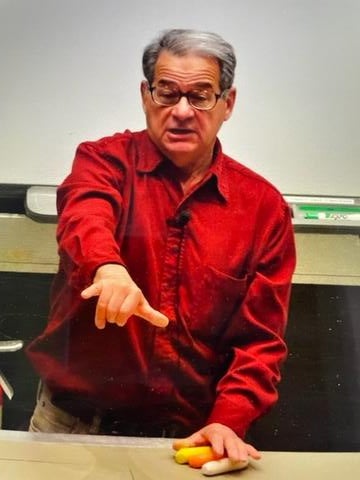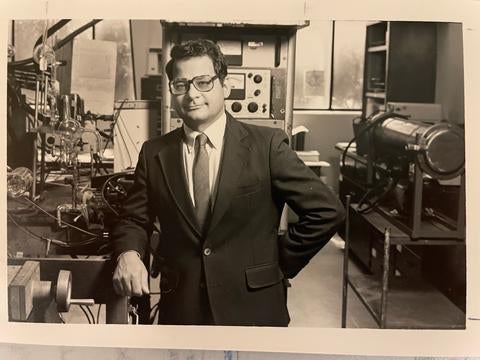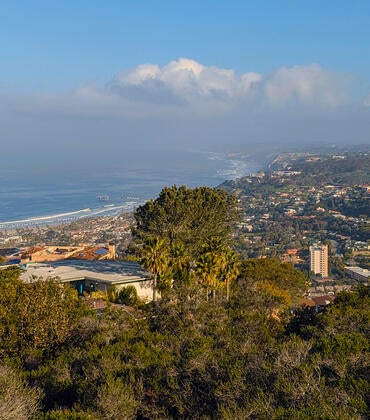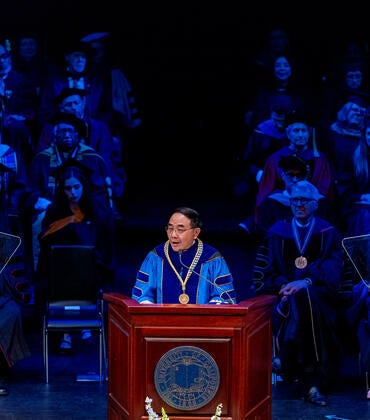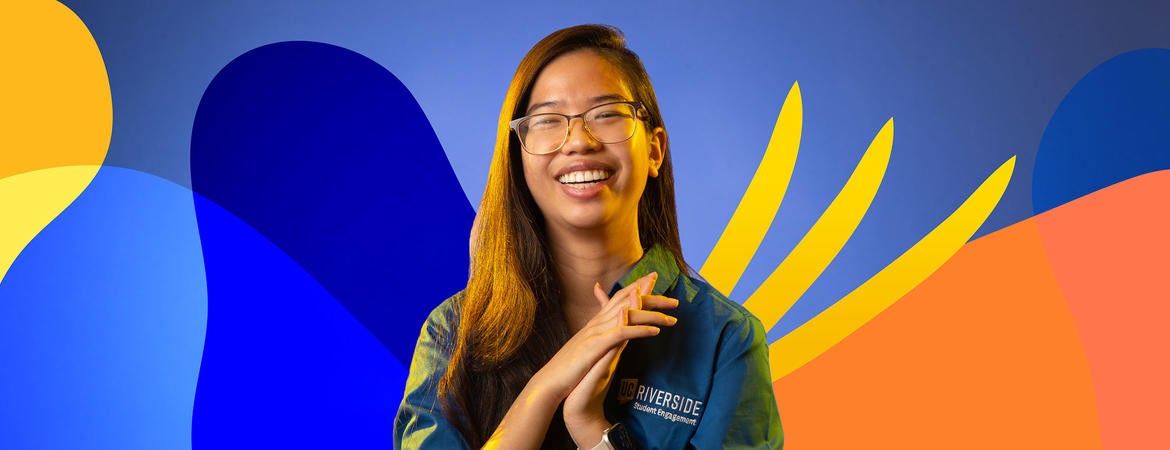
Tom Morton, a professor emeritus of chemistry at the University of California, Riverside, died March 3, 2020. He is remembered as a global citizen and scientist who embraced foreign languages and cultures, demonstrated a cross-disciplinary passion for scientific research, and who showed concern for the environment.
Created by his wife, Kathryn, and adult children Julia and Gregory Duff, the Tom Morton Endowed Graduate Award in Chemistry will recognize students who embrace Morton’s inquisitive scholarship, with preference for students who collaborate with scholars of other fields, points of view, cultures, ethnicities, or nationalities.
“In near and far places, Tom sought colleagues who were different and who thought differently than he,” Kathryn Morton said. “Tom’s contagious enthusiasm for learning, passion for life, and devotion to his students led us to create this award. We hope the Tom Morton Graduate Award will encourage new students who embody Tom’s expansive spirit to delve with delight into the kind of boundary-breaking collaborative projects that made Tom work with fervor and laugh with uproarious excitement.”
Born in 1947, Morton grew up in Los Angeles and graduated from Beverly Hills High School in 1965. He studied the classics and fine arts at Harvard University, earning a bachelor’s degree in 1968. He earned his doctorate in organic chemistry at the California Institute of Technology and began his academic career in 1972 on the chemistry faculty of Brown University. After visiting scholar appointments at Harvard and Brandeis University, Morton joined the UCR faculty in 1981. Upon retirement in 2018, he became professor of the Graduate Division, an emeritus title that allowed him to continue his research pursuits.
While Morton taught organic chemistry to UCR students for nearly 40 years, his interest in learning spanned various fields of science, arts, humanities, social sciences, and foreign languages. Forward thinking about the environment, he developed a “Zero-Effluent” laboratory manual in the early 1970s when up-cycling and reduction of waste were practically unknown concepts. He took a computer programming class in 1963, when the field was new.
Known for his work in organic mass spectroscopy, Morton developed a physical description of gaseous ion-neutral complexation. For this groundbreaking work, he was awarded the Maccoll Award for Organic Mass Spectrometry in 1993. Starting in 1990, he began in-person collaborations in laboratories in France and the Netherlands. Through these collaborations, he established and encouraged reciprocal international student and research exchanges that enabled generations of young researchers to try something new.
Leonard Mueller, chair of UCR’s chemistry department, said Morton made outstanding contributions to the university through his teaching, mentorship of junior faculty, and rich research collaborations. He was recognized with various teaching awards, including Undergraduate Research Mentor of the Year, which he received twice, and Honors Program Professor the Year.
“Tom was the best of colleagues — he was sincerely interested in everything and everyone,” Mueller said. “He had a keen intellect and a wicked sense of humor. The world doesn't make many like Tom, and I cannot think of a better way to honor his memory than through this Graduate Student Award that reflects Tom's ideals.”
The endowed gift from Kathryn Morton and her family will support one or more students annually as they pursue graduate research in chemistry. The first recipient will be announced at a June 3 reception on campus celebrating Morton’s legacy.
The gift supports UCR’s Beyond Brilliant fundraising initiative, which aims to raise $50 million over the next five years to build resources that support every aspect of the student experience at UCR. To contribute to the Tom Morton Graduate Award, visit the chemistry department’s giving page.
